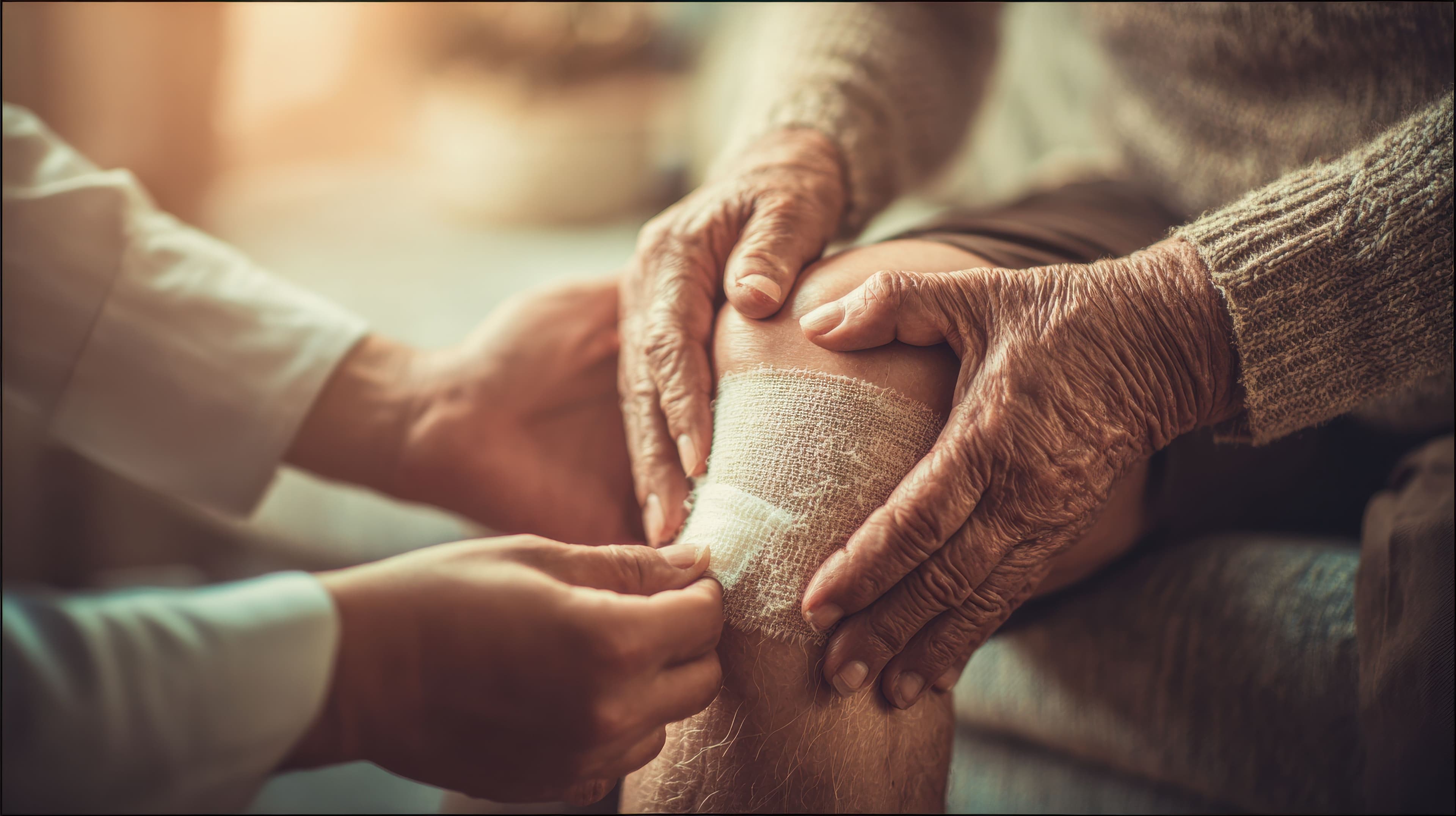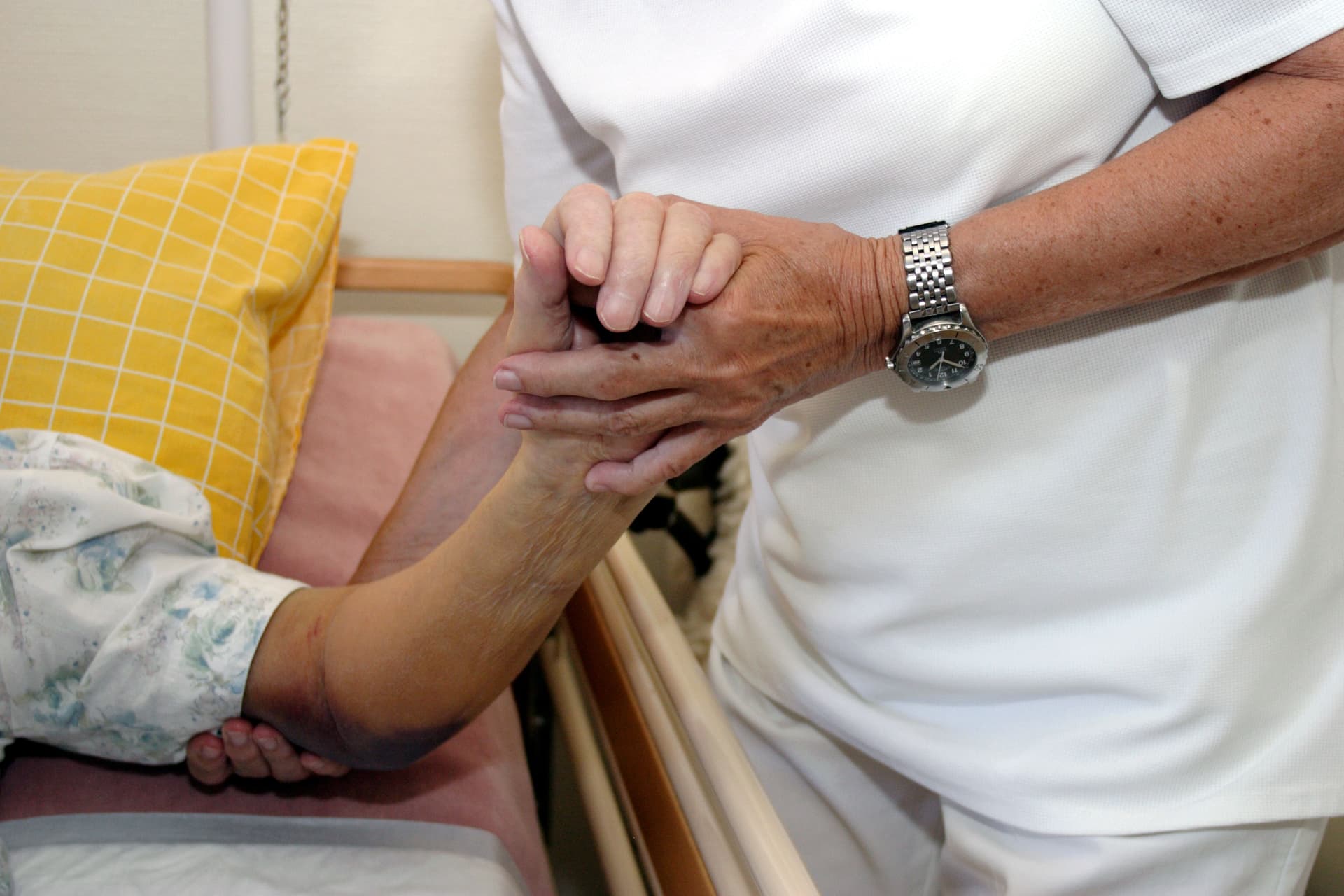
Nursing home abuse and neglect put vulnerable residents at serious risk, leading to malnutrition, dehydration, infections, and preventable injuries. When facilities fail to provide adequate care, residents suffer, and families are left feeling helpless. Lack of supervision, improper medical treatment, and unsafe conditions can result in devastating harm. Understanding the warning signs, knowing your legal rights, and holding negligent facilities accountable are crucial steps in protecting your loved ones. Learn how to take action and seek justice.
November 19, 2025
3 min
Infections are one of the most serious—and most preventable—medical emergencies in nursing homes. Every year, thousands of elderly residents across Ohio and the United States suffer severe infections that lead to hospitalization, long-term complications, or death.
What makes these tragedies even more devastating is that many of them could have been avoided with proper care, hygiene, and monitoring. In nursing homes, infections like urinary tract infections (UTIs), pneumonia, and sepsis often arise from neglect, poor sanitation, or understaffing—not bad luck.
Families have a right to expect that their loved ones will receive basic medical attention and infection control. When that doesn’t happen, it may constitute legal negligence.
The elderly are especially vulnerable to infection for several reasons:
Even a minor infection that might be treatable in a younger adult can become life-threatening for an elderly nursing home resident. When infections are not recognized or treated promptly, they can quickly escalate to sepsis, a deadly condition in which the body’s response to infection causes organ failure.
Nursing homes are required by law to maintain safe, sanitary conditions. Unfortunately, poor staffing and oversight often allow infections to spread. Common infections in nursing homes include:
UTIs are one of the most frequent infections in elderly residents, particularly those with catheters. Neglecting to clean or replace catheters properly can lead to severe, recurring infections.
When residents are bedridden, fail to sit upright during meals, or are not assisted with breathing exercises, fluid builds up in the lungs—leading to pneumonia.
Bedsores, cuts, and scrapes can easily become infected when left untreated. In many cases, these infections progress to sepsis.
Bacteria like Clostridioides difficile (C. diff) spread rapidly in unsanitary environments, causing dehydration, diarrhea, and organ failure.
When bacteria enter the bloodstream through wounds, catheters, or IV lines, the result can be sepsis—a condition that requires immediate emergency care.
Each of these infections can be traced back to one core issue: a nursing home’s failure to maintain adequate care and cleanliness standards.

Most infections in nursing homes are not unavoidable—they are the result of neglectful conditions such as:
When these oversights occur, they demonstrate a clear breach of the nursing home’s duty of care—a violation that can make the facility legally responsible for any resulting harm or death.
Sepsis is one of the most dangerous outcomes of untreated infection. It occurs when the body’s immune system overreacts to infection, causing inflammation that can lead to organ failure and death.
If left untreated, sepsis can progress to septic shock, with a mortality rate exceeding 40%. For elderly nursing home residents, early detection and treatment can mean the difference between recovery and tragedy.
Every nursing home is legally obligated to monitor residents for infection signs and seek medical care immediately when symptoms appear. Failure to do so is a serious form of negligence.
Under Ohio Administrative Code 3701-17-12 and federal CMS regulations (42 CFR § 483.80), nursing homes must:
When a facility fails to meet these requirements, it can face citations, fines, and civil liability for any resulting injuries or deaths.
Families visiting loved ones should stay alert for changes that could indicate infection or neglect. Warning signs include:
If your loved one’s condition changes abruptly, insist on medical evaluation immediately. Delays in diagnosis are one of the leading causes of wrongful death from sepsis in nursing homes.
When neglect leads to infection or sepsis, families can pursue civil claims for:
Holding facilities accountable not only brings justice to victims but also promotes safer practices for all residents.
Attorney Michael Hill, based in Cleveland, Ohio, has extensive experience representing families whose loved ones suffered from infections and sepsis due to nursing home neglect.
Michael and his team:
Michael’s work is driven by compassion and accountability—ensuring that every case he takes serves not just one family, but the broader mission of improving elder care in Ohio and beyond.
Infections and sepsis in nursing homes are rarely unavoidable—they are symptoms of neglect, poor hygiene, and systemic failure. Every resident deserves vigilant care, timely medical attention, and a clean, safe environment.
If your loved one developed a serious infection or sepsis while living in a nursing home, don’t accept excuses. Investigate, report, and demand answers.
Attorney Michael Hill is dedicated to helping families uncover the truth, hold negligent facilities accountable, and fight for the justice and dignity their loved ones deserve. Through legal action, he helps make Ohio nursing homes safer for all seniors—one case at a time.